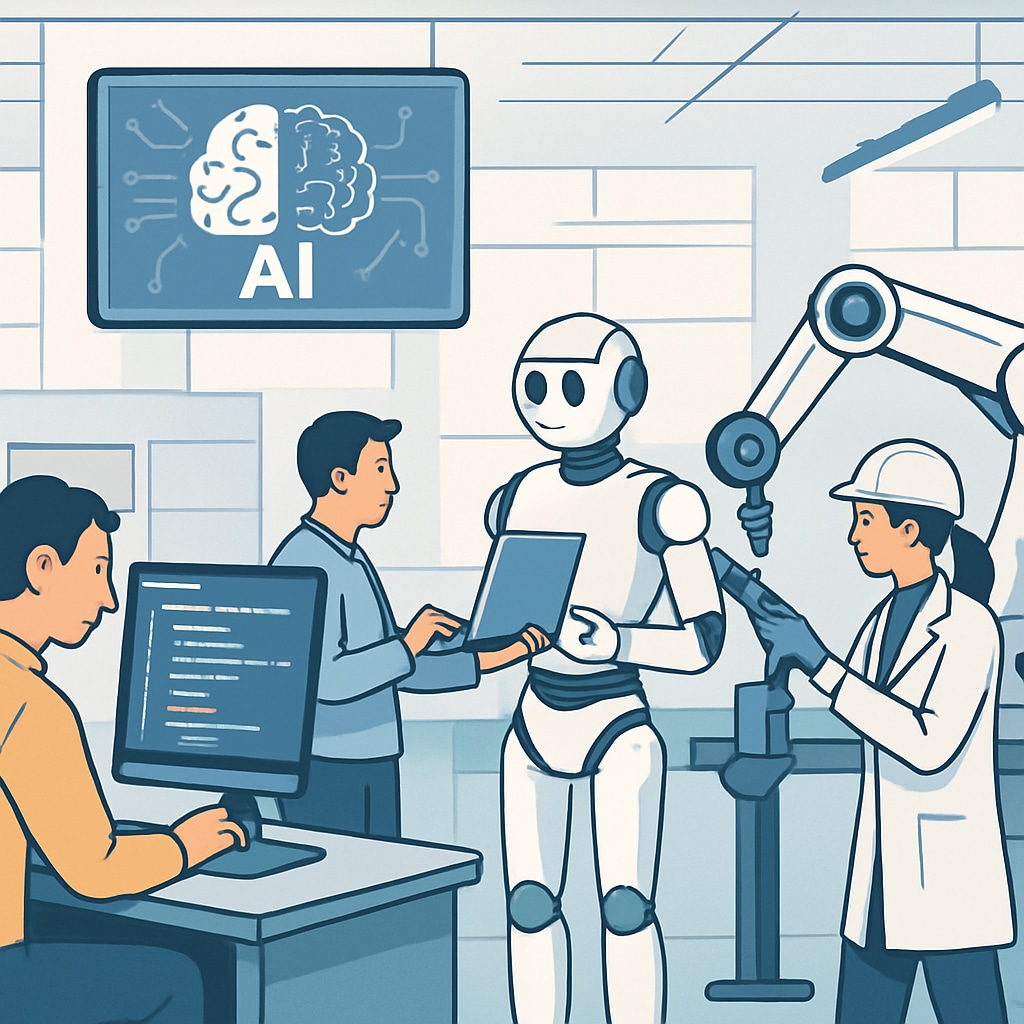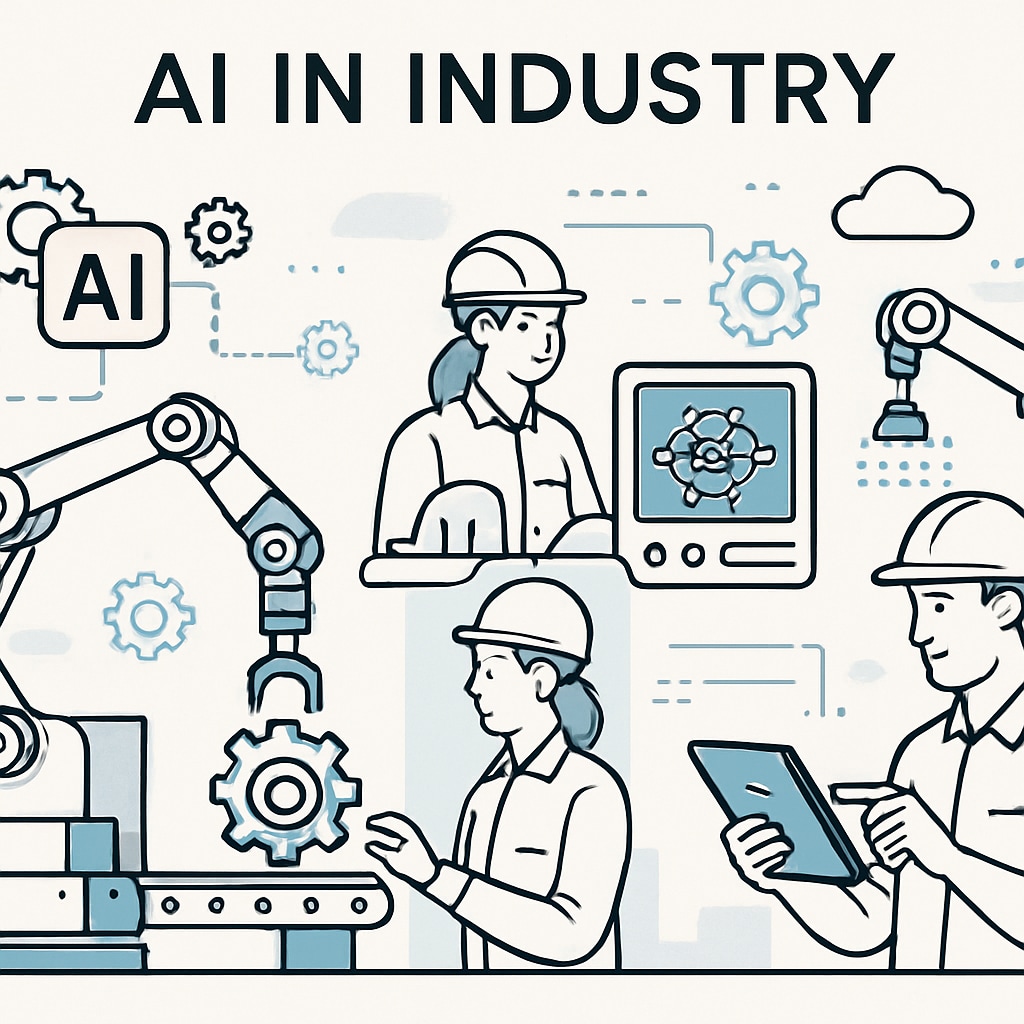The advent of artificial intelligence (AI) is reshaping the world, bringing both opportunities and challenges for career planning. Among the many dilemmas faced by young people today, questions around career choices, programmer, engineer, artificial intelligence are particularly pressing. For 8th-grade students, the decision between pursuing programming or engineering can be daunting as they weigh the future implications of these professions in an AI-driven landscape.
Programming vs Engineering: Understanding the Foundations
When exploring career paths like programming and engineering, it’s crucial to understand the differences between these roles. Programmers (also known as software developers) primarily focus on writing and maintaining code to build applications, systems, and software solutions. Engineers, on the other hand, often combine technical expertise with problem-solving skills to design, construct, and optimize systems, machinery, or structures that serve practical purposes.
While both careers share a technical foundation, the skillsets required differ significantly. Programmers typically work with languages such as Python, Java, or C++, whereas engineers may specialize in mechanical, electrical, or civil disciplines, often requiring expertise in physics and mathematics. Both professions face transformations due to AI, with programmers increasingly involved in developing AI algorithms and engineers leveraging AI technologies to enhance problem-solving capabilities.

How AI is Shaping Career Prospects
Artificial intelligence has already begun to influence the job market, automating repetitive tasks and creating new opportunities in tech-driven industries. For programmers, AI opens doors to fields such as machine learning, data science, and robotics. Engineers, meanwhile, are finding innovative applications for AI in areas like smart manufacturing, sustainable energy, and autonomous vehicles.
However, AI’s rapid evolution also raises concerns about job security. Automation could replace certain roles traditionally held by humans, making adaptability and continuous learning essential for long-term career success. This underscores the importance of choosing a field that aligns not only with current opportunities but also with future market demands.

Practical Advice for Career Planning in the AI Era
For young people facing the programmer vs engineer decision, the following steps can help clarify their career path:
- Explore Interests: Reflect on personal interests and strengths. Are you drawn to coding and software development, or do you prefer hands-on problem-solving and design?
- Research Future Trends: Stay informed about how AI is impacting industries. Websites like Wikipedia on Artificial Intelligence and Britannica on Artificial Intelligence offer valuable insights.
- Build Versatile Skills: Develop transferable skills such as critical thinking, collaboration, and adaptability. These are crucial in an era of rapid technological change.
- Seek Mentorship: Connect with professionals in the field to gain firsthand perspectives on the realities of programming and engineering careers.
In addition, consider participating in STEM (Science, Technology, Engineering, and Mathematics) programs or internships to gain practical experience and understand the day-to-day challenges and rewards of each profession.
The Importance of Lifelong Learning
As AI continues to evolve, one thing is certain: adaptability and learning will be key. Both programming and engineering careers require individuals to stay up-to-date with advancements in technology, tools, and methodologies. Certifications, online courses, and professional development programs can help future-proof your career and keep you competitive in the job market.
Ultimately, the decision between becoming a programmer or engineer is deeply personal. It should reflect your interests, skills, and long-term goals while factoring in how AI will shape these professions over time. By staying informed and taking proactive steps, today’s students can confidently navigate career planning in the AI era.
Conclusion: The AI revolution is reshaping industries, making career choices like programming and engineering both exciting and challenging. By understanding the roles, researching trends, and committing to lifelong learning, young people can pave the way for a thriving future in an AI-driven world.


